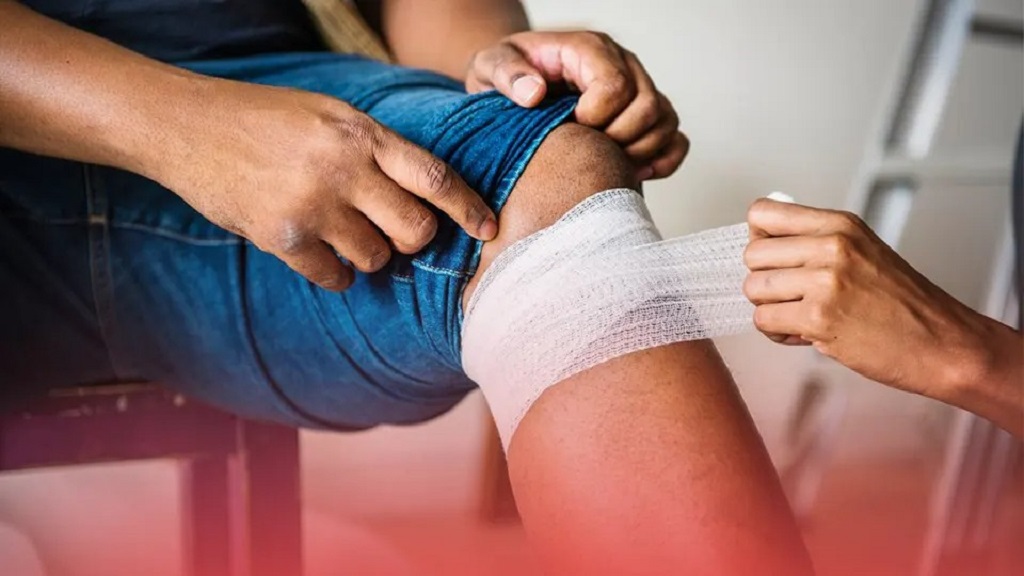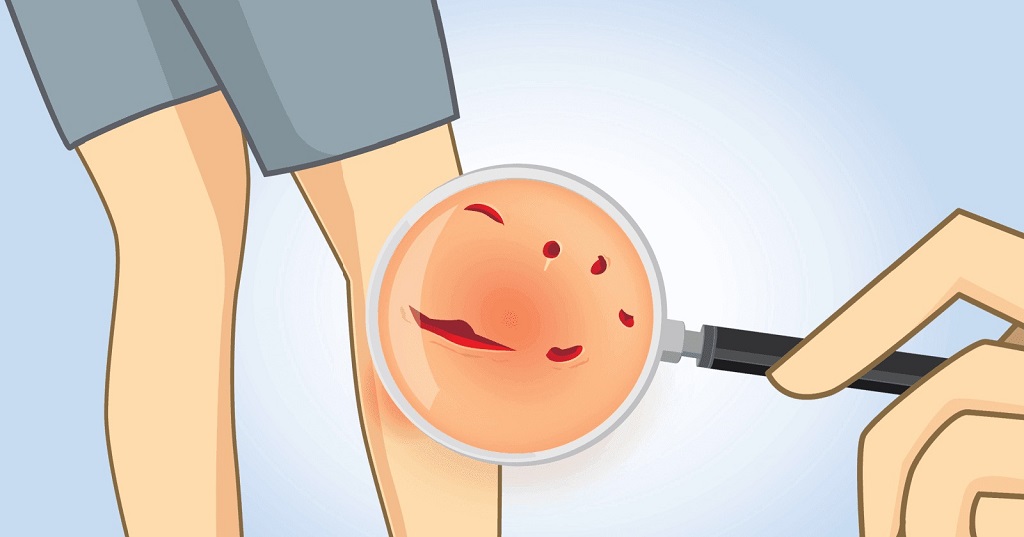
Animal bites may look minor at first, but they can lead to severe infections, long-term health issues, and even legal disputes. Every year, millions of people worldwide experience bites from dogs, cats, or wild animals. These incidents often happen suddenly, leaving victims unsure about what to do next.
Thank you for reading this post, don't forget to subscribe!Understanding both the medical and legal aspects of an animal bite is essential. Proper first aid can prevent infections, while legal steps help protect your rights if the bite was caused by someone’s pet. In this guide, we’ll cover immediate care, when to see a doctor, legal considerations, and practical advice to handle such incidents calmly and effectively.
What should you do immediately after an animal bite?
The very first step is to treat the wound quickly. Animal mouths carry bacteria that can enter the bloodstream within hours. Here’s a breakdown of what to do right away:
- Clean the wound: Wash the bite under running water for at least 5 minutes. Use mild soap to remove dirt and saliva.
- Stop the bleeding: If blood is flowing, press a clean cloth or bandage firmly until it slows.
- Apply antiseptic: Use an over-the-counter disinfectant to reduce the risk of infection.
- Cover the bite: Wrap the area with a sterile bandage to keep it clean.
Even if the injury seems small, do not ignore it. Some infections, like rabies or tetanus, are life-threatening.
When should you seek medical care?
Not all animal bites need emergency treatment, but some do. Visit a doctor or emergency room immediately if:
- The bite is deep, punctured, or bleeding heavily.
- The animal was wild, stray, or not vaccinated.
- You have not had a tetanus shot in the last 5–10 years.
- You notice swelling, redness, pus, or fever after the bite.
Medical professionals may prescribe antibiotics, give tetanus boosters, or start rabies vaccinations if needed. Early action can save you from months of painful treatments later.
How do you handle bites from different animals?

Dog bites
Dog bites are the most common. Depending on the severity, you may need stitches, antibiotics, or vaccines. If the dog belongs to someone, ask for vaccination records immediately.
Cat bites
Cat bites are smaller but often riskier. Their sharp teeth cause deep puncture wounds where bacteria thrive. These should always be checked by a doctor.
Wild animal bites
Bats, raccoons, monkeys, and other wild animals carry a high risk of rabies. These require urgent hospital visits, as rabies can be fatal if untreated.
What legal steps should you take after an animal bite?
Apart from medical care, there are important legal actions to protect yourself:
- Identify the animal: Find out if it is a pet, stray, or wild.
- Get owner details: If it’s a pet, collect the owner’s name, address, and vaccination records.
- Report the bite: Inform local animal control or police. This creates an official record.
- Document evidence: Take photos of the injury, the scene, and the animal if possible.
- Consult a lawyer: Personal injury lawyers can guide you on claims for medical bills, lost wages, or emotional trauma.
Why is reporting an animal bite important?
Reporting isn’t just about protecting yourself. It helps authorities track dangerous animals and prevent future attacks. Some states and countries also have laws requiring pet owners to quarantine their pets after biting someone. Without a report, you may face difficulties if you need legal compensation later.
What rights do victims have legally?
Victims of animal bites may have the right to financial compensation. Depending on local laws, pet owners are often held responsible for injuries caused by their animals. Claims may cover:
- Medical expenses
- Rehabilitation or therapy costs
- Lost income from missed work
- Pain and emotional suffering
Each case is unique, so legal consultation is highly recommended to understand your options.
Read More Also: Stop Overpaying for Your Next Round
How can animal owners prevent legal trouble?
Owners can avoid disputes by being responsible:
- Keeping vaccinations updated
- Training pets to avoid aggression
- Using leashes and fences in public and private spaces
- Responding quickly if their pet bites someone
These measures not only protect others but also shield owners from legal and financial problems.
Read More Also: The Benefits of Team Building Activities at Work
Conclusion: What’s the takeaway?
Animal bites should never be brushed aside. First aid and medical treatment prevent infection, while legal steps safeguard your rights. If you or someone you know is bitten, act quickly: clean the wound, seek medical help, report the incident, and gather information. These actions protect your health and ensure accountability.
If you’re unsure about your rights, reach out to a legal professional who specializes in personal injury cases. Quick action can make all the difference in your recovery and peace of mind.
FAQs on Animal Bites
1. What is the first thing to do after an animal bite?
Wash the wound with soap and running water for several minutes, then apply antiseptic and cover with a clean bandage.
2. Do all bites need rabies shots?
No, but any bite from a wild or unvaccinated animal should be treated as a rabies risk until proven otherwise.
3. Can small bites from cats and dogs get infected?
Yes. Even minor scratches or punctures can introduce bacteria and cause serious infections if untreated.
4. Should I always report a pet bite?
Yes. Reporting protects you legally and helps authorities monitor potentially dangerous animals.
5. Who pays for medical bills after a dog bite?
In most cases, the pet owner’s insurance or the owner themselves are responsible for covering medical costs.
6. How long do I have to file a legal claim?
Time limits vary by state or country, but generally you must file within one to three years after the incident.
7. What if the owner refuses responsibility?
If the owner denies liability, a personal injury lawyer can help you gather evidence and file a claim in court.
